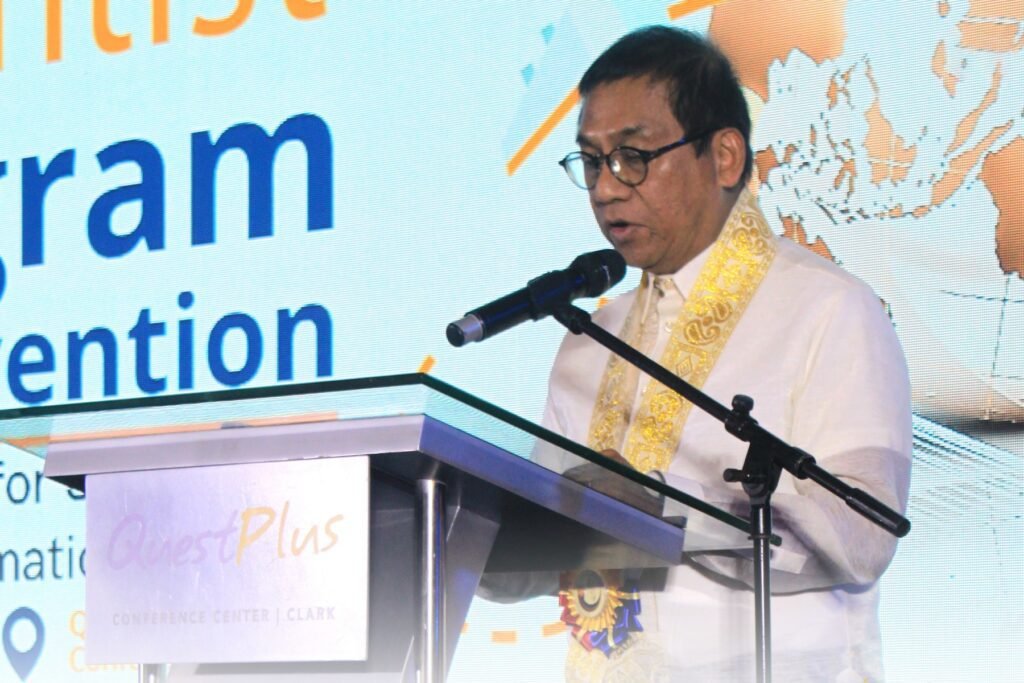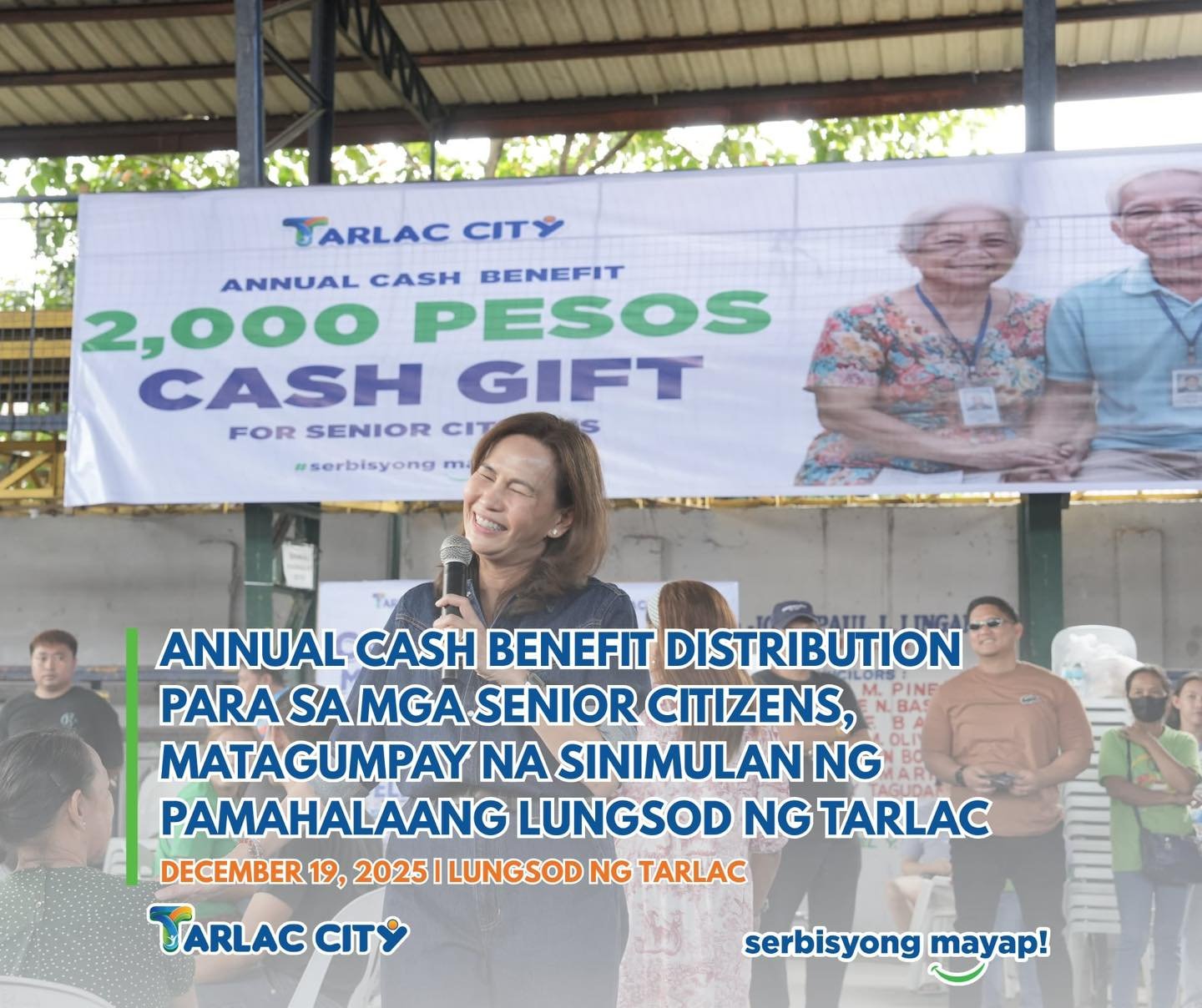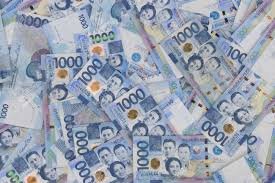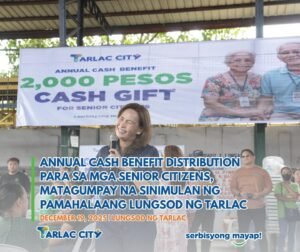The Department of Science and Technology (DOST) stressed that while the Philippines possesses exceptional scientific talent, addressing the brain drain challenge in the country requires a multi-pronged approach.
DOST Secretary Renato Solidum said the departure of Filipino scientists seeking better opportunities is a complex issue that is influenced by a combination of several push factors.

“To address this, there is a need to enhance research funding, improve career opportunities and recognition, and foster a conducive research environment to retain and continuously encourage scientific talents,” he emphasized during the 9th Annual Convention of the Balik Scientist Program (BSP) held in Clark Freeport Zone.
The cabinet official shared that over the past years, the Philippines has been recognized to have a steadily increasing global innovation index which marks the country as one of the greatest performers in terms of innovation outputs.
To anchor on this gain, Solidum said the government has continuously provided funding to Balik Scientists to support their engagements with their host institutions to strengthen research and development (R&D) implementation.
“Government spending on R&D has increased from P14.2 billion in 2016 to P17.2 billion in 2021. DOST continues to invest in R&D to further improve the performance of science and technology human resource and development which includes several banner programs including the BSP,” he said.
Solidum added that DOST also completed and endorsed for approval the BSP guidelines on the provision of incentives, grants, and awards that will facilitate funding R&D projects of Balik Scientists.
By doing so, R&D in the country remains at the forefront of progress and innovation, and that the nation continues to shine on the global stage.
Highlighting the vital role of Balik Scientists as catalysts of innovation and advocates of national development, he also emphasized the importance of tapping into global scientific knowledge, practices, and networks.
“In recognizing that solutions to complex challenges often require a global perspective and collaboration, expanding global networks allows Filipino scientists to tap into global research friends which can lead to the development of innovative solutions tailored to the Philippines’ unique challenges. This can range from sustainable agricultural practices to advanced health care technologies, driving economic growth and social progress,” Solidum furthered.
He also said that DOST recognizes that creating an environment that allows collaboration among government, industry, and academe is crucial in accelerating transfer of technologies from laboratory to market; and will ensure that the nation reaches its development goals.
With this, the DOST official challenged both the government and private sector to continue supporting and investing in Filipino scientists.
He said this support can take many forms, from providing funding for research and development to creating an environment that fosters collaboration and creativity.
Solidum noted that it also involves recognizing the importance of scientific integrity, ensuring that scientists have the freedom to explore the frontiers of knowledge without fear or interference or bias.
“Let us continue to cultivate an environment where scientific inquiry flourishes, where curiosity is celebrated, and where our scientists are empowered to push the boundaries of knowledge. The Balik Scientist Program is a beacon of hope and a symbol of our unwavering faith in the power of science and innovation to shape a brighter future for the Philippines,” he said.
From 1975 until August 2023, a total of 631 Balik Scientists served in 819 engagements under 150 host institutions across 16 regions of the country.
In 2023 alone, DOST has already on board 36 Balik Scientists which is more than its target for the year. (PIA 3)












